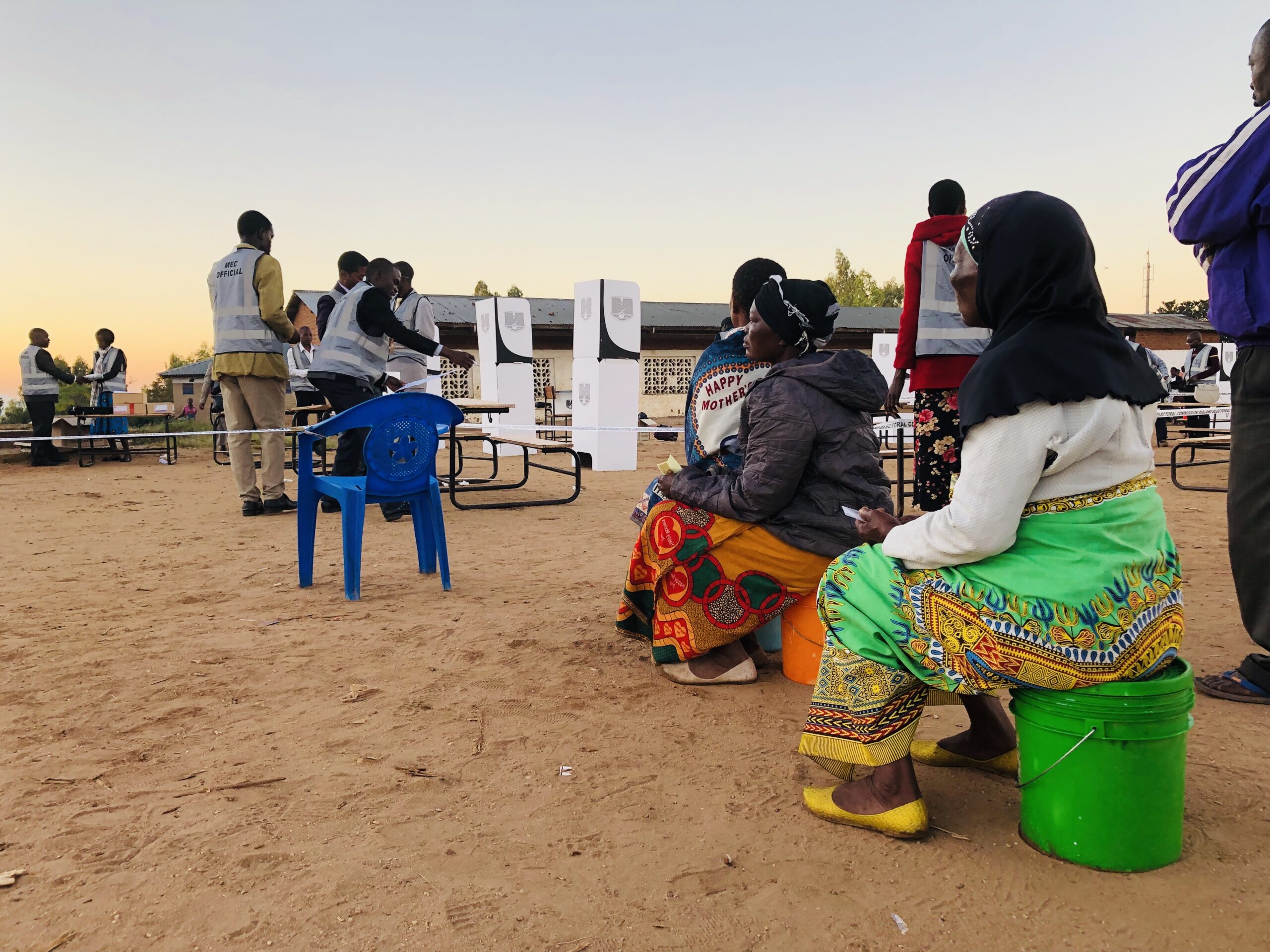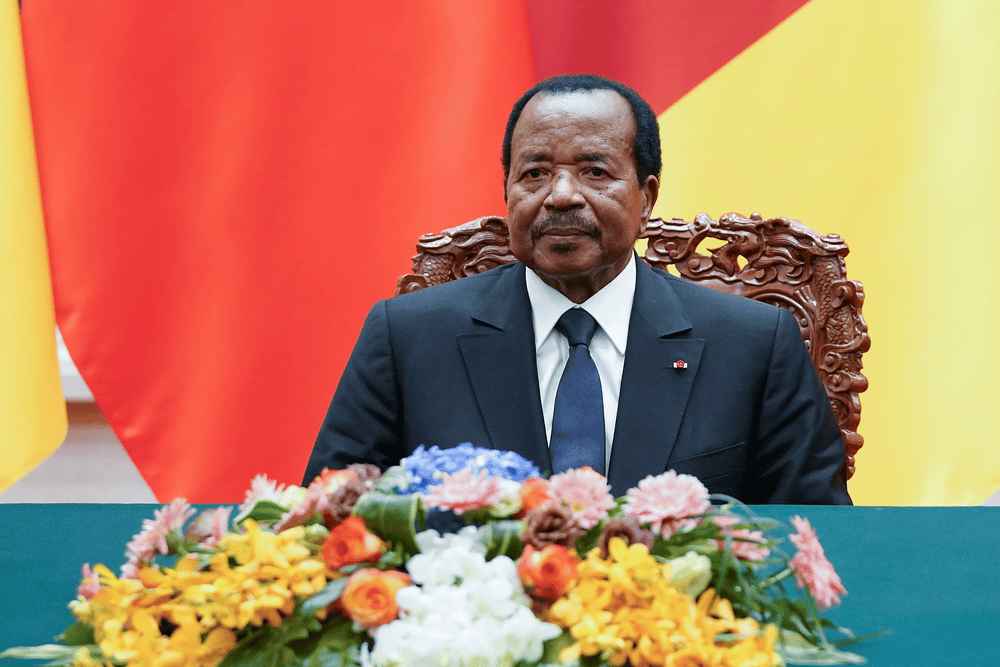
Voting kicks off in Malawi’s tripartite polls
 Voters have started trickling in to the various polling stations in most areas of Malawi on Tuesday, as the country holds its tripartite elections.
Voters have started trickling in to the various polling stations in most areas of Malawi on Tuesday, as the country holds its tripartite elections.
More than 6.8 million voters are due to make their decision on who will be their next president, local councilor and member of parliament.
Pressing issues facing the electorate, include unemployment, poverty, and a lack of opportunities.
In the town of Linthipe, residents said they expect the new government to create an enabling environment where they can put food on their tables and more money in their pockets.
“We are facing so many problems as the youth and unemployment being a major problem, so we expect the upcoming president to create more jobs for the youth and also create a conducive environment for business, because as of now, we are not making sales due to a bad business environment,” said Henry Mwakalinga, an entrepreneur.
“I would love to vote for someone who would really end poverty and make all the people live happily. People should be able to have money, unlike this time, people have no money and everyone is living in abject poverty,” according to Salome Diyimoni.
During a spot check by CGTN Africa on Monday, nearly all polling stations had received the election materials, save for a few centres in Blantyre.
Mrs. Ambani, a Presiding Officer in one of the centres said: “We are opening tomorrow (Tuesday) at 6 o clock and closing also at 6 o’clock (pm)… Some of the security officers have come already, but we also have some monitors. We had them on Saturday, yesterday (Sunday) and today (Monday) they are also coming to make sure that everything is set.
There are ten candidates vying for the Presidency, including the incumbent President Peter Mutharika, Vice President Saulos Chilima of the UTM party and opposition leader Lazarus Chakwera of the Malawi Congress Party – who are the strongest contenders.
Work continues as Malawians vote, but the government has called on employers to allow their employees time to exercise their constitutional rights.
Most of the voting centers are schools, while it is mainly teachers who are employed as returning officers by the Malawi Electoral Commission.
Lameck Awonga, Deputy Principal at Blantyre Secondary School told us that learning would not take place on Tuesday but would resume full swing a day after the vote.
“Even some of our students had to be allowed to go and vote in their various centres. Here we have students even as old as 23, so we need to also give them space to vote,” he said.
More than 11,000 security officials have been deployed across the country to maintain peace and order during the voting, most of them from the national police force, followed by the Malawi Defence Forces.
The Malawi Electoral Commission in a media conference on Monday dispelled fears of vote rigging, saying most claims reported to the Commission were not supported by evidence.
By law, the MEC has 8 days to count and announce the votes, even though results will be expected sooner.
“We will not be in a hurry, but we will take our time to ensue that the counting is done properly,” promised the MEC Chairperson Justice Dr Jane Ansah.






